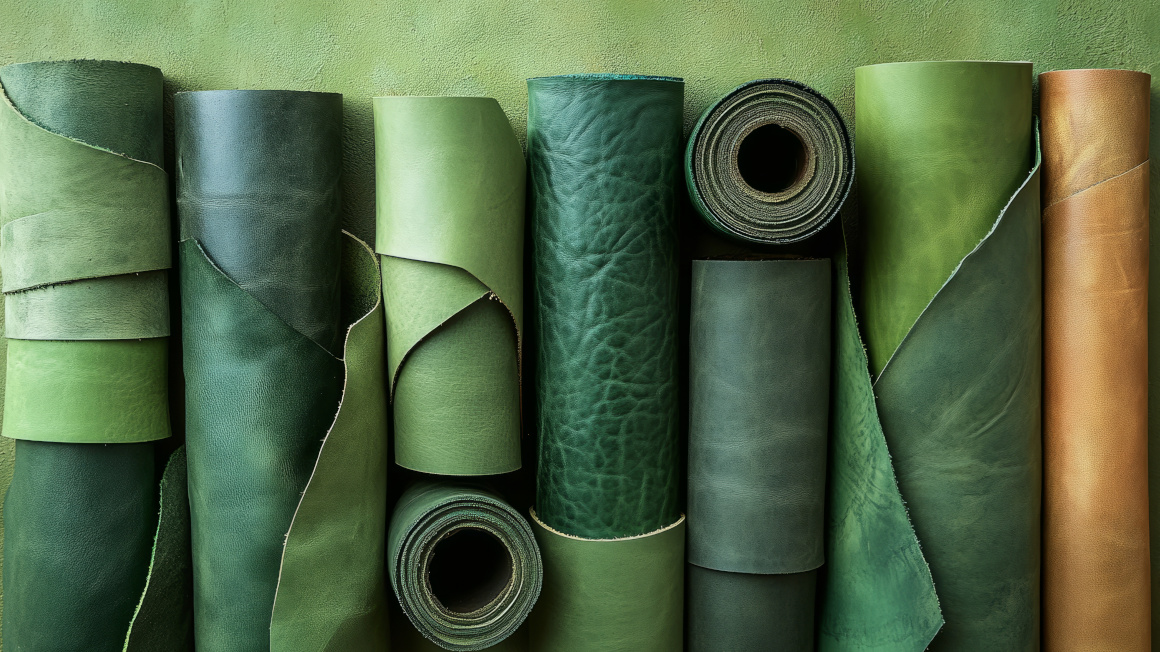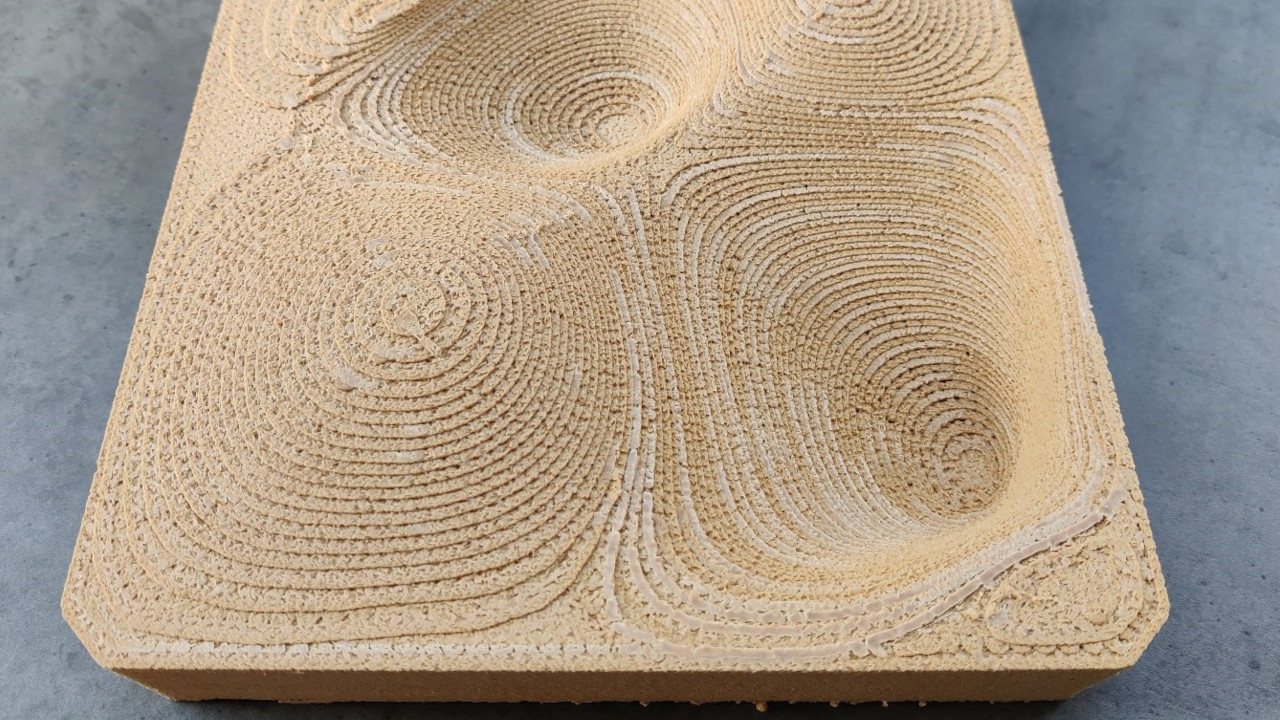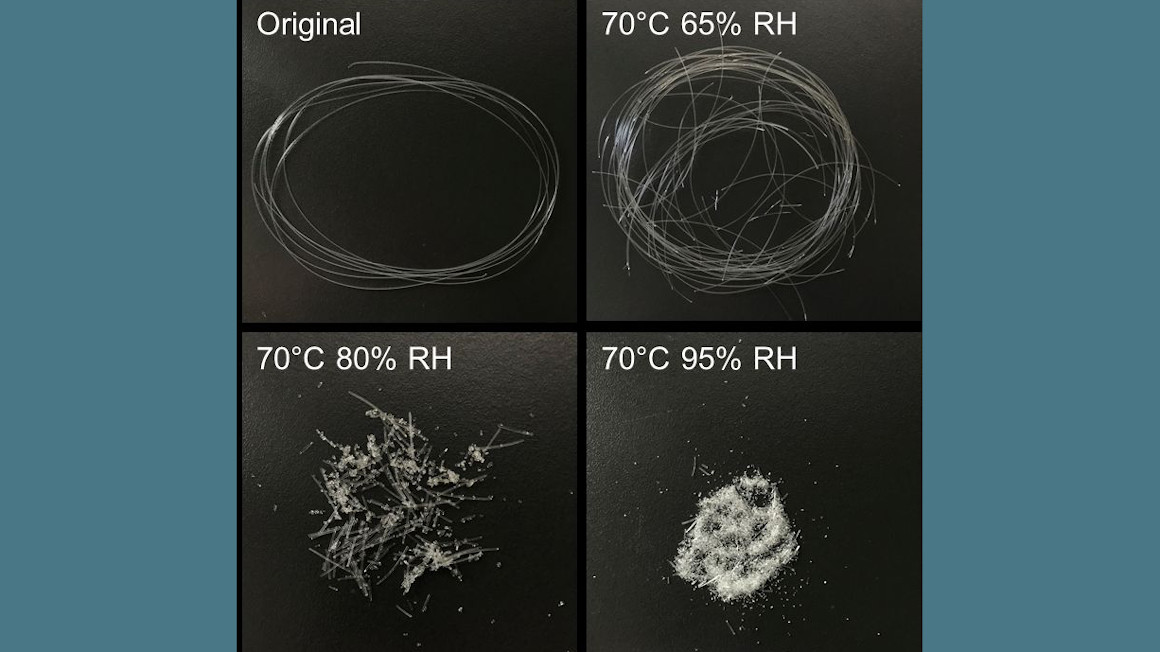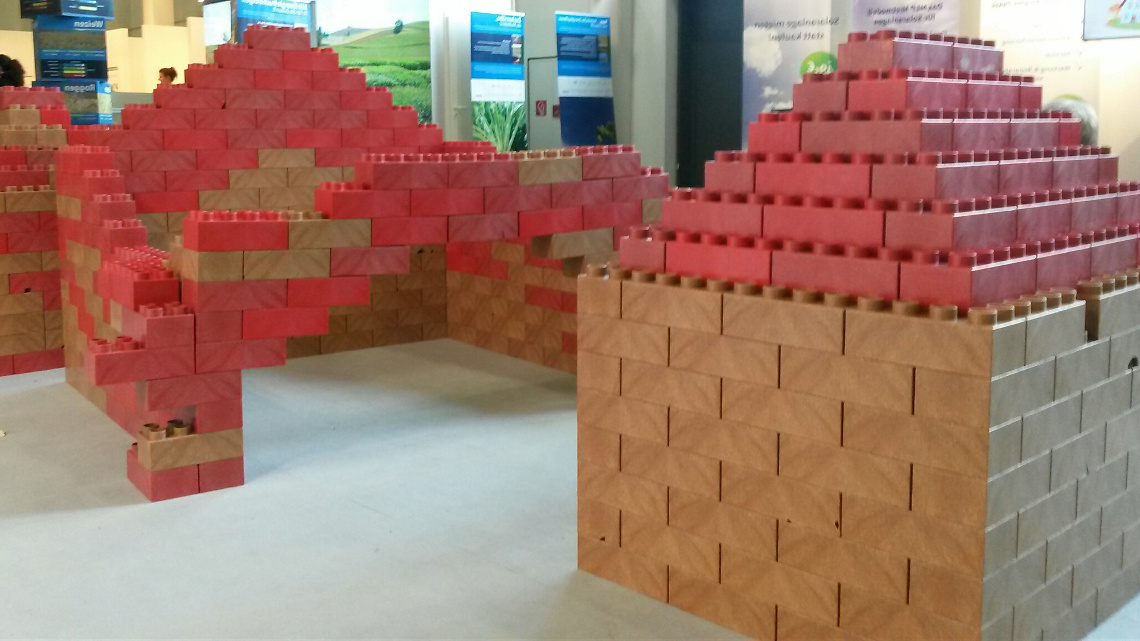Leather made from bacterial cellulose
The EU project FABULOSE receives €3.5 million in funding for biotechnologically produced vegan leather alternatives based on cellulose. Four partners from Baden-Württemberg are involved.

Traditionally produced leather is associated with significant environmental impacts, including deforestation, high emissions and pollution. Conventional synthetic leather is also criticised: it often contains plastics or is tanned using harmful chemicals, which can have negative effects on the environment and health. As a result, demand for leather alternatives is steadily increasing. In the FABULOSE project, eleven European partners are developing new scalable and bio-based production routes for animal-free leather alternatives. They are now receiving €3.5 million in funding for this work as part of the Horizon Europe programme ‘Circular Biogases Joint Undertaking’. The project will run for three and a half years.
Waste as raw materials
The FABULOSE project is developing novel, bio-based production methods for animal-free leather alternatives based on bacterial cellulose and cyanophycin algae. Industrial CO2 emissions and waste from the food industry are used as raw materials. The result should be materials that are tear-resistant, completely bio-based, recyclable and biodegradable. The aim of the project is to replace fossil resources and significantly reduce the carbon footprint in various industries (fashion, automotive and furniture).
‘FABULOSE is not just about replacing leather, but about rethinking the way we produce and consume materials,’ says Iris Houthoff, project coordinator and researcher at DITF - German Institutes for Textile and Fibre Research Denkendorf. The project partners expect that the leather alternatives will not only improve the environmental sustainability of products such as leather goods, furniture and car interiors, but also strengthen Europe's leadership in bio-based manufacturing and create new jobs in research, production and business development.
Four partners from Germany
Four of the eleven European partners are based in Baden-Württemberg: the German Institutes for Textile and Fibre Research (DITF), Novis Biobased Technology GmbH, Melina Bucher from Mannheim (manufacturer of vegan handbags) and the Steinbeis Europa Zentrum. The DITF is coordinating the project, while Bucher is defining market requirements and testing the developed materials. Novis Biobased Technology is responsible for algae production, optimising the production of bacterial cellulose from waste streams and contributing its expertise in biopolymer processing and recycling. The Steinbeis Europa Zentrum supported the project during the application process and is assisting with management, utilisation, communication and dissemination.
lh


